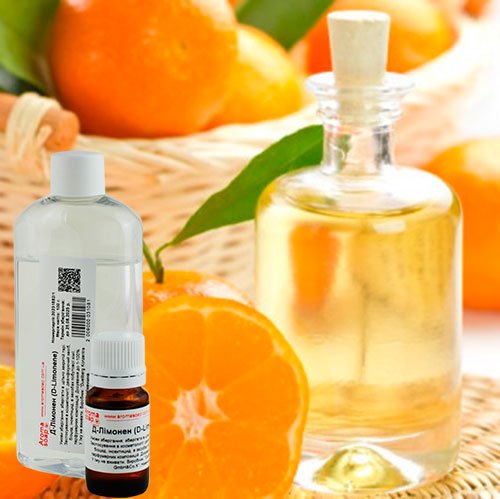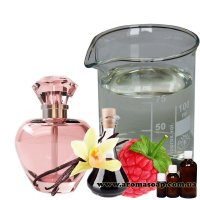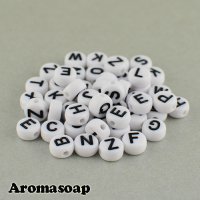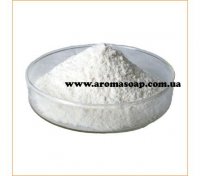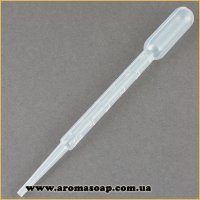D-Limonene (orange terpenes)
INCI: D-Limonene (orange terpenes).
Appearance: viscous, colorless, transparent liquid.
Smell: citrus, fresh, sweet, light and mild.
Boiling point: 175.5 °C
Density: 0.84 g/cm3 (at 20 °C).
Solubility: in alcohol, diethyl phthalate, fatty and mineral oils, waxes; insoluble in water, propylene glycol, glycerin.
Extraction method: fractional distillation of a mixture of terpenes from citrus essential oils (often from orange peels)
D-limonene is a compound known as “lemon extract”, “orange terpene”, the lion’s share of which (up to 90%) is found in citrus essential oils. Widely distributed in nature, present in the essential oils of elemi, neroli, petitgrain, caraway, parsley, fennel, dill, cardamom, in plants of the Lamiaceae family, in pine resin, in resin balms.
From a chemical point of view, it is a cyclic monoterpene with one double bond. Natural rubber, as well as steroid hormones, some antibiotics, and vitamins of group A have a similar structure.
The main advantages of D-limonene as a multifunctional agent:
-
An environmentally friendly non-polar solvent with a low toxicity class, due to which
is an excellent alternative to hazardous solvents and petroleum products such as acetone, benzene, butyl cellosol, toluene, xylene, trichlorethylene, methyl ethyl ketone, white spirit, etc
D-Limonene can be used in its pure form, mixes well with other solvents, and can be easily emulsified to produce water-soluble cleaning products.
Often used to remove stubborn stains (grease, resins, waxes, glue, chewing gum, plastics, paints):
-
from various objects, parts - up to 100%,
from the surface of the skin (hands) - 20%-30%.
Widely used in household chemicals:
-
for washing floors, tiles - 5%
for cleaning windows - 2%
in kitchen dishwashing detergents - up to 5%
in washing powders, stain removers - up to 30%
in toothpaste, mouth rinses - 1-2%
in foaming cosmetics, soap up to 2%
Cleaning products based on d-limonene have a natural citrus scent, leave behind a fresh smell and, importantly, are biodegradable.
Studies of d-limonene for carcinogenicity and genotoxicity have shown that it is located in the “sustainable safety zone”. Its effects are approximately equal to the effects of caffeic acid from daily coffee consumption. The International Agency for Research on Cancer (IARC) classifies d-limonene as class 3, which means it is not classified as a carcinogen.
Despite the fact that D-limonene is non-toxic, be careful; in concentrated form, limonene can be a strong irritant to the skin and mucous membranes and cause headaches. Use gloves and try to work in a ventilated area. If you treat objects or parts with pure D-limonene, you should then rinse them with water.
-
Natural aromatic substance with a pleasant smell.
D-Limonene is included in most perfume compositions. Used as a citrusy top note, with medium strength and longevity. In addition, the smell of citrus fruits has a beneficial effect on the nervous system.
Dosage:
-
in fragrances, perfume concentrate - up to 30%;
in air fresheners, as a neutralizer of unpleasant odors - up to 90%
for flavoring food products as part of a flavoring agent 1-3%
-
Disinfectant, biocide, insecticide:
-
Cleaning of equipment, tools – 10-100%
As a repellent 10-30%
Antimicrobial agents 3-10%
Shampoos for animals against fleas and parasites 4-10%
Treatment of pediculosis 3-5%
-
In cosmetology:
-
for makeup remover 3-5%
as nail polish remover 60-70%
for antibacterial purposes 5 - 10%
as a skin lightening agent
-
In pharmaceuticals and medicine for internal use (experimental):
- as a dietary antioxidant
- for the treatment of inflammatory skin diseases
- to reduce the hepatotoxicity of drugs such as caffeine, paracetamol, phenacytin;
- promotes the detoxification of estrogens in the liver, which has a hormone-regulating effect, and can be used for the prevention of cancer.
When taken orally, D-limonene is rapidly absorbed in the gastrointestinal tract and transformed in the liver into perillic acid and other metabolites.
Regular citrus juices common in Western countries (without the peel) contain about 100 mg of limonene per liter of juice, while juices from the peel contain up to 1027 mg of D-limonene per liter.
Store in a cool, dark place.
Do not heat; D-limonene vapor may be flammable.
Suitable container material: metal, glass, ceramics, PE (polyethylene), PP (polypropylene).

